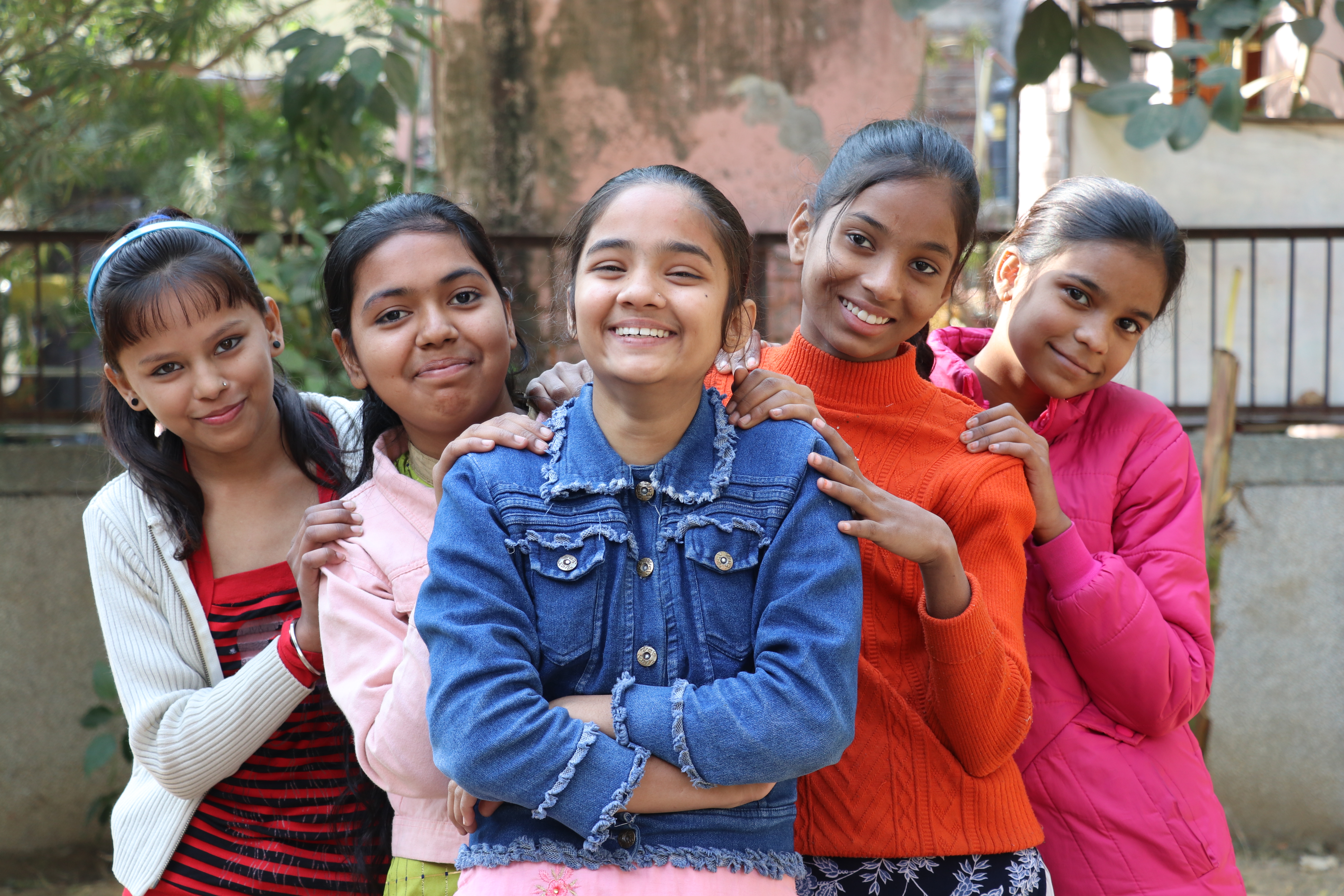
The stories we tell define how other people see us and give them an insight into how we perceive the world. What if this power was taken from us precisely because these perceptions do not reflect what others are used to?
The global charity sector has a history of doing exactly this, us included. By filtering what programme participants have said and choosing to share only what we thought audiences would want to hear, we undermined their autonomy and contributed to colonialist and otherwise unhelpful ways of thinking. Now, to encourage a move away from these practices, Futures for Youth is making a commitment to participative, first-person storytelling, straight from the mouths of the young people participating in our projects.
As a method of communicating which prioritises the exchanging of rich human knowledge and experience over bland and generic information, participative storytelling communicates what personally matters to project participants – in their own unique way.
For our programme participants who are confident and wish to convey their truth independently, there will be minimal restrictions regarding setting, style, or method, with advice or support available if they need it. That said, the purpose of participative storytelling is to welcome and facilitate everybody who wants to join, so our teams will also support anybody who wants more support throughout the process. From discussing what their participation will mean in context to what it will look like in practice, it will be unique from the get-go. After all, who can tell your story better than you?
If you are a long-time friend of Plan’s, you may be wondering where this commitment is coming from, and what it means for you. The launch of Futures for Youth aside, we’ve noticed the media disempowers young people more and more with each passing day. From labelling them as work-shy and over-sensitive, to expecting they single-handedly solve the world’s problems by virtue of their age, everything is contradictory, and few things are fair. Try as we might to create campaigns which counter this messaging, none of them could ever have as much authenticity as those created through participative storytelling.
Participative storytelling quite literally allows young people to take back the narrative. By trusting programme participants to live, learn, and to discuss their realities in a way which feels natural to them, they won’t be scared anymore. When their friend, who may not have heard of Plan International before, sees this courage, they’ll feel it too. When a group forms, this feeling will be too large to ignore – and those who didn’t believe in them at first will have to learn too.
This is the power of participative storytelling, and this is the power you’re helping to drive forward by supporting Futures for Youth. After all, nobody can resist a good story and we think it’s time that all stories had their time to shine, no matter who is telling them or where they are being told from.






 Admin Planindia
Admin Planindia December 21 2023
December 21 2023
